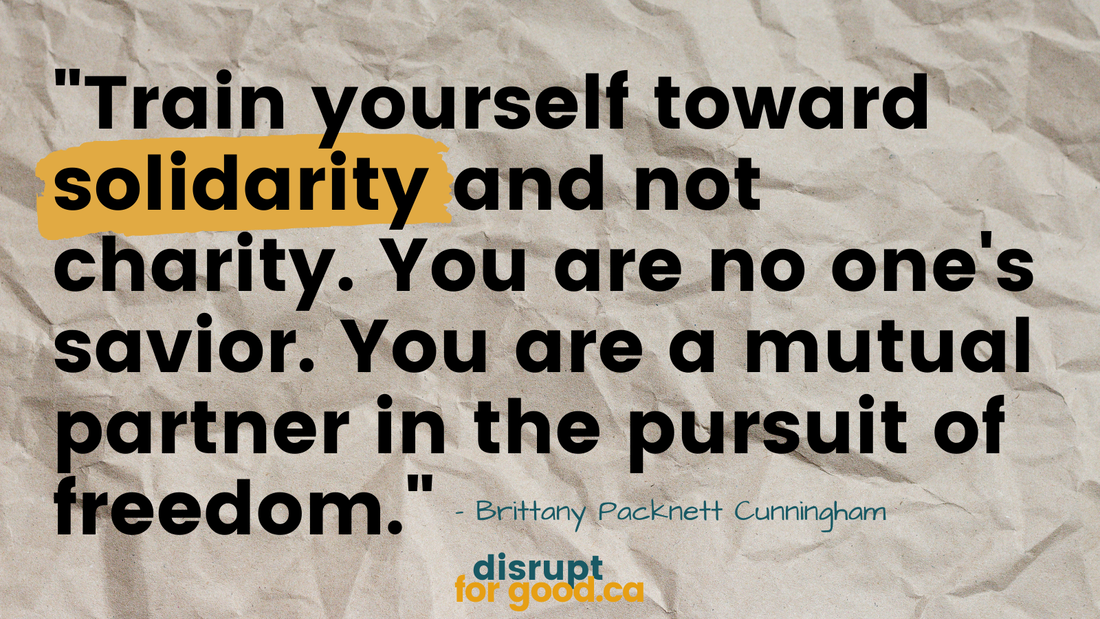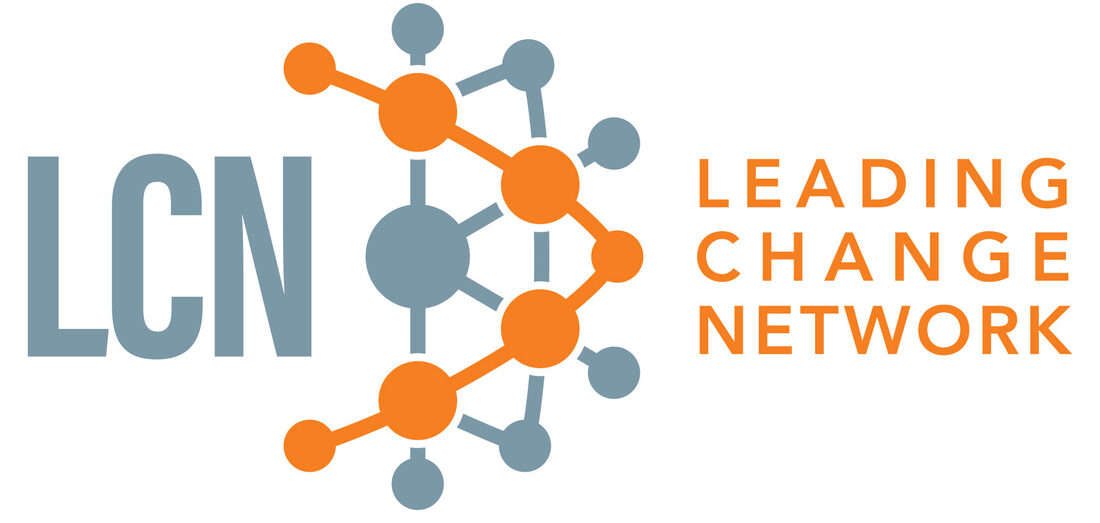|
I finished Jordan Flaherty’s book No More Heroes: Grassroots Challenges to the Savior Mentailty this weekend. As I’ve mentioned before, I’m increasingly aware of saviourism in the non-profit sector, and so the title of this book grabbed my attention and I was quick to click the “add to cart” button. While the specific stories and struggles Flaherty shares are mostly American and largely racial in nature, there was still a lot here that I found relevant. Importantly, some good takeaways for us on how to avoid falling into saviourism ourselves. Flaherty notes that:
Saviours come to help, but they bring their own assumptions about what that help should look like. (I’ve done this.) He also notes that saviourism isn’t an individual failing. It is the logical result of our system that sets us against each other. It is also not a fixed identity, depending on the day or our role. And of course we all want to be heroes. It’s in our books and movies, our news stories. We’re taught to use Joseph Campbell's “The Hero’s Journey” to develop the story of our brand, and centring our donors as the heroes of our charitable work was considered best practice until very recently. The author recounts examples of misguided relief and rescue efforts in New Orleans following hurricane Katrina, the Black Lives Matter movement, microloans, Teach For America, Palestine, Haiti, KONY 2012, sex trafficking, and more. The sex trafficking one was a doozy for me. To give you a little taste: “Those who seek to control women or to make their careers from rescuing women are still trying to expand the definition of trafficking to cover all sexual behaviour they don’t approve of. …Sex workers who are deported are regularly still counted as being ‘rescued’ by law enforcement.” Not all sex workers are coerced or trafficked, and sex work activist Emi Koyama is credited with the slogan “Rescuing is for kittens” in response to the significant efforts to frame all sex workers as victims. (Of course, there are actual people who need actual rescuing sometimes. As my friend Nathan said when we discussed this, “If I’m in a burning building, I don’t want the firefighters honouring my agency. I want them to get me out.” That’s not what we are discussing here.) This book is really worth reading; I found it eye-opening to read the perspectives of the communities affected and get a completely different take on events and rescue efforts that I recognized from news stories over the last decade where I had totally swallowed the narrative served up by the media. Flaherty quotes a Ugandan blogger, Rosebell Kagumire, in her critique of the KNOY 2012 viral video, which I want to share because it is instructional for us in how we frame our stories: “This is another video where I see an outsider trying to be a hero rescuing African children. …How do you tell the story of Africans? It’s much more important what the story is, actually, because if you are showing me as voiceless, as hopeless…you shouldn’t be telling my story if you don’t believe that I also have the power to change what is going on. And this video seems to say that the power lies in America, and it does not lie with my government, it does not lie with local initiatives on the ground, that aspect is lacking. …It is furthering that narrative about Africans: totally unable to help themselves and needing outside help all the time.” There were parts of this book that were hard to read because it brought to mind very specific examples where I have fallen into this. In the last few years I have learned a lot, unlearned a lot, and when I look back there are some cringe-worthy moments. The good news is, there are very straightforward ways to do better ourselves, AND we can then use what we know to tailor our messaging to help our donors, funders, boards, and coworkers do better, too. (This is important - we are not neutral here! As Flaherty writes, “NGOs know that donors and journalists want a certain kind of hero and a certain kind of victim, and they shape their narratives to deliver…the protagonists they want.”) How can we as individual people with privilege disrupt systems of injustice without getting trapped in the saviour mentality? Some tips from “No More Heroes”:
As Flaherty writes, “Instead of asking, ‘How can I be the single best white antiracist activist with the sharpest critique, most specialized language, and busiest schedule?’ Ask, ‘How can we find ways to bring more and more people into social justice work, from lots of entry points, to grow vibrant mass movements?’” How can non-profit leaders shift out of saviourism into solidarity, and bring our supporters along with us? I’ve thought about this a lot. And it is important, but it has to be genuine - we can’t put a veneer of solidarity on our charity work and check that box. But I think there is a way for charities to do better and learn from mutual aid movements. Here are a few thoughts to start:
Flaherty also references an online guide for activists with privilege created by the Catalyst Project that can be helpful as we disrupt narratives about the kind of help that marginalized and/or racialized communities need. “I’ve learned the power and effectiveness that comes from following the leadership of those most affected. … If we listen to those who have the most to lose, and stand in principled struggle with those on the bottom, everything is possible.”
0 Comments
Leave a Reply. |
AuthorI'm Jennifer. I am an advocacy and communications strategist working with multiple charities and nonprofits. And I want to disrupt our sector for good. Archives
April 2024
Categories |


 RSS Feed
RSS Feed
